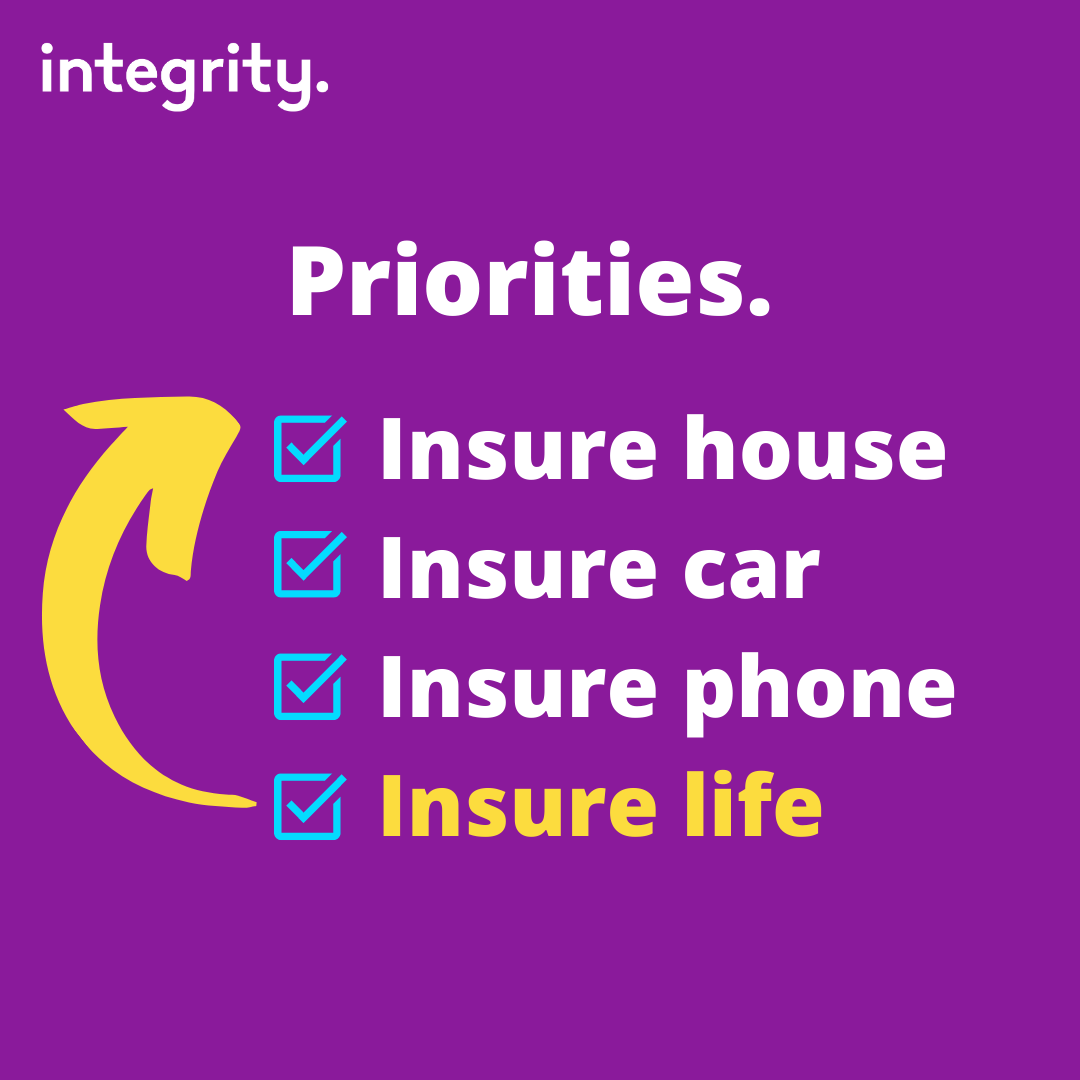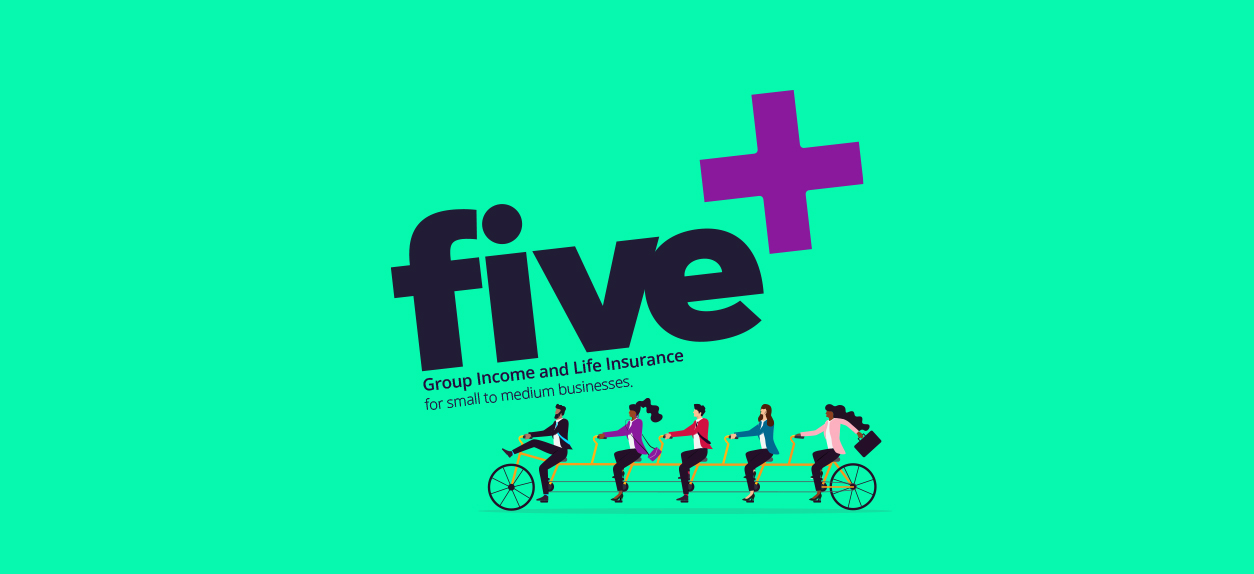Returning to work, returning to wellness.
The new Income Insurance products launching industry wide, as a result of APRA’s sustainability measures, have a big focus on clients being supported to return to work.
But where does this leave Advisers and clients? With the pending launch of our product information we wanted to outline how we support clients returning to work in a way that puts their needs and recovery – front and centre.
We’re in the business of paying claims.
No one wants to have to claim on their life insurance, but if you do, you want to know that your insurer is going to make the situation better and not worse. When we pay claims –we pay them as quickly as possible. Claims are our chance to demonstrate what we do best and leverage our expertise to support clients if the worst should happen.
A personalised, straightforward claims philosophy.
What clients need is a program that works for them, not a template. It’s why we pay Income Insurance benefits on any day of the month that suits clients, we can even pay fortnightly. It’s completely flexible.
We can also engage rehab providers even before an official claim is lodged so we can get the wheels in motion as quickly as possible – bureaucracy should never get in the way of positive health outcomes.
Making the connection – recovery and work.
If returning to work will be an option, then it’s important to have a strategy in place to keep clients connected to their workplace. With clients always in control, we work with Advisers, Brokers, employers, medical professionals, allied health providers and community groups to develop a mutually agreed plan. This will include elements such as:
- Identifying modified duties with a focus on what clients can do.
- Looking at ways for clients to stay in touch with their employer and people they work with – this might be by ensuring they continue to receive company communications to stay connected.
- Exploring training opportunities that are delivered in a flexible way.
- Creating a plan and program to help manage pain
- Using emerging and existing technology to support remote working, telepresence or modified access to workplace tools and applications.
The truth is, work fulfils an important aspect of our social and psychological needs and the longer you’re away from work, the harder it can be to get back. Additionally:
- Work helps you stay active and is an important part of your recovery.
- Staying active helps to reduce pain.
- Being at work is an opportunity to connect with people and be part of a community.
- Taking a long-time off work is worse for you socially, emotionally and physically.
- Research shows* that work promotes recovery and reduces the risk of long-term disability.
At Integrity, our focus is on enabling recovery that considers each client’s unique situation in a way that holistically considers their physical, mental, social and financial needs. And if recovery connected to work is suitable, then we have a unique way of delivering this, if not, then our focus is helping clients adjust to their new normal.
*Australian and New Zealand Consensus Statement on the health benefits of work – The Australasian Faculty of Occupational and Environmental Medicine (AFOEM), a Faculty of the Royal Australasian College of Physicians (RACP)
Integrity Life
From the newsroom


